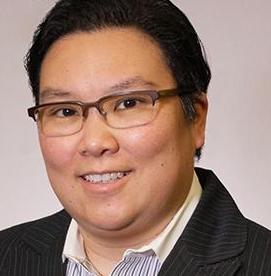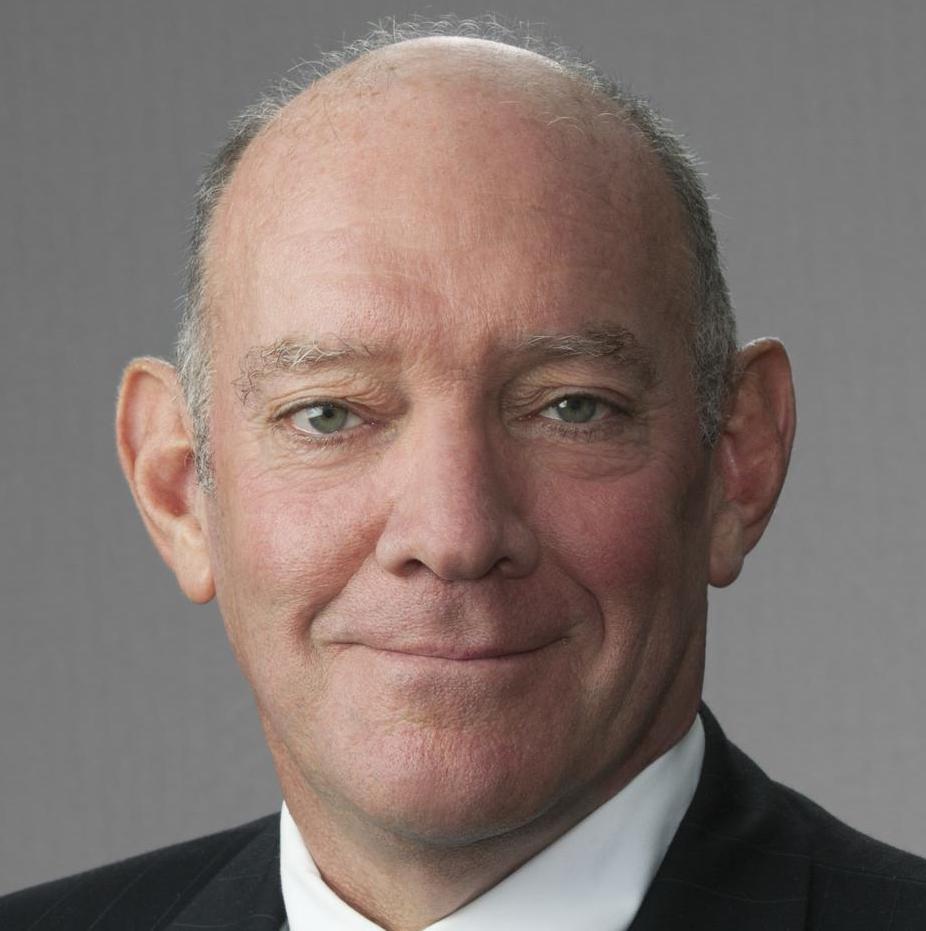Institutions of higher education have been thrust into a new world in which they now must deal with college athletes as independent small businesses.
This new landscape has been formed by the U.S. Supreme Court’s decision in Alston v. NCAA, followed by the interim policy of the National Collegiate Athletic Association that suspended its rules against compensation for use of an athlete’s name, image and likeness, or NIL. Various states have also enacted NIL laws.
Schools may need to take quick action to stay in front of these issues, including the following three priorities.
Prepare for NIL activity on social media
Businesses are eager to partner with students who can reach a younger audience. Some companies are already offering stipends for posting photos or reviews on personal social media accounts.
College athletes are often attractive to businesses because of their extensive reach on social media. The appeal of students as influencers with significant followers may even eclipse their athletic role, and NIL deals may be driven by content and frequency of posts rather than the student’s athletic accomplishment.
Universities should consider whether their social media policies provide necessary guidance on how athletes may use social media generally, and in the context of NIL activities in particular.

For example, policies for social media and NIL should be consistent in addressing the use by college athletes of intellectual property owned by the school, such as logos and mascots.
Schools may even consider providing training on how students may build their brands while being mindful of the school’s guidelines and use of its intellectual property.
As trademark owners and licensors, universities also should consider whether to monitor social media for unauthorized use of its trademarks.

With the rise in NIL activity and to avoid false association or perceived sponsorship issues, schools may want to focus their monitoring efforts on how athletes are using the school’s intellectual property in social media posts.
Review the university’s trademark portfolio
In this new world of NIL activity, universities may need to reconsider their approach to trademark protection in order to more fully safeguard their intellectual property rights.

Often, universities will have registered their name and logo to protect the most valuable and obvious trademarks.
However, they may have been less proactive in protecting trademarks that are generated in the course of university business and college life. This may include, for example, the trademarks for the university’s restaurant or cafÁ© for which the school has not sought federal trademark registration.
Universities should periodically review their trademark portfolio and the uses of marks, logos and slogans around campus by different departments to assess their value and whether these common law trademarks should be registered with the U.S. Patent and Trademark Office. Universities should consider making students aware of the protections for university trademarks, to avoid unauthorized use. The school can also provide brand guidance to students on appropriate ways to use its trademarks.
Take a position on use of intellectual property for NIL requests.
The recent legal developments will force institutions to decide whether to allow the school’s trademarks, logos, slogans, copyrighted materials, facilities and other intellectual property to be used by college athletes and the companies that contract to use their NIL. For those that do allow such licensing, students and their sponsors will seek university guidance on how to properly secure the school’s permission.
Some schools have decided not to allow the use of university intellectual property for these purposes. These schools’ policies might tell students not to wear their team jerseys or school logos in NIL activities and not to conduct activities in locker rooms, on fields, or in other recognized venues.
Other universities are allowing use of school intellectual property, usually with restrictions. And some schools simply haven’t decided yet. State NIL laws may provide parameters to guide the restrictions that schools might consider, such as not permitting endorsements of gambling or alcoholic beverages.
Why is this a dilemma?
On the one hand, if a college permits athletes to wear team jerseys or use the school’s logo in an advertisement, it may imply that not only is the student endorsing the business but the college is endorsing it too. For a local restaurant advertisement, there may not be a great risk but what if the endorsement is for a product for which the university has its own contract with a competing company? Or if the student’s NIL deal involves a product that is contrary to institutional values?
On the flip side, if a college denies use of its intellectual property altogether or makes the conditions of use too difficult, the school may be putting itself at a recruiting disadvantage. Parents, agents or attorneys may steer talented athletes towards schools that will allow them to maximize NIL earnings.
This is an opportunity and there is not necessarily one right or wrong answer. So here are a few recommendations:
- A school can’t compromise its core values no matter how big a star the athlete is, but it can adopt social media and NIL policies that are fair, reasonable and easy to understand. The policies should be published for easy access by athletes and their parents, agents, attorneys and endorsement-seekers.
- The application process for use of university intellectual property should also be simple and public. Be up front with the ‘do’s and don’ts’ of the NIL policy and how all parties need to work within it.
- The guidelines should also address use of game footage, photographs other copyrighted materials, and school facilities.
In short, use of the university’s intellectual property in NIL deals and on social media may imply that both college athletes and the school are endorsing the product or service. If the opportunity is suitable and the rules are followed, that can be a win-win for everyone.
Stephenie W. Yeung is co-chair of the Privacy and Data Security Practice Group, W. Drew Kastner is co-chair of the intellectual Property Practice Group, and Karen Baillie is co-chair of the Higher Education Practice Group at Schnader Harrison Segal & Lewis LLP.

